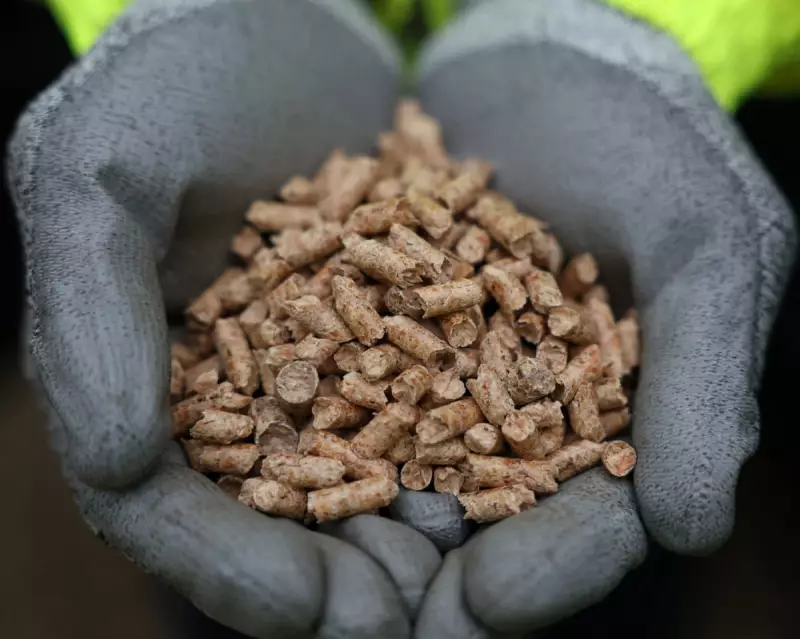
The UK's financial regulator has launched a formal investigation into power generation giant Drax Group, casting serious scrutiny over the company's historical statements regarding its biomass sourcing practices.
The Financial Conduct Authority (FCA) has confirmed it is examining whether the Yorkshire-based energy producer may have made misleading claims about the sustainability of its wood pellet supply chain. This development sends shockwaves through Britain's renewable energy sector and raises fundamental questions about the environmental credentials of biomass power.
The Heart of the Matter
At the centre of the investigation lies Drax's conversion from coal to biomass, a transition that has positioned the company as a cornerstone of the UK's renewable energy strategy. The power station in North Yorkshire now generates approximately 12% of the country's renewable electricity, heavily reliant on compressed wood pellets primarily sourced from North America.
Critics have long questioned the carbon-neutral classification of biomass energy, arguing that the harvesting, processing, and transportation of wood pellets creates significant emissions. Environmental groups have repeatedly raised concerns about whether Drax's sourcing practices align with its public sustainability commitments.
Market Implications and Investor Confidence
The FCA's intervention represents more than an environmental concern—it strikes at the heart of market integrity and investor confidence. As a publicly listed company on the London Stock Exchange, Drax's statements about its business practices carry significant weight with investors and policymakers alike.
The investigation will examine whether the company's disclosures regarding its biomass sustainability standards accurately reflected its operational reality. This scrutiny comes at a critical juncture for the energy sector, with billions in government subsidies and climate commitments hanging in the balance.
Industry-Wide Repercussions
This probe extends beyond Drax alone, potentially setting precedents for how environmental claims are regulated across the energy sector. The outcome could establish new benchmarks for transparency in corporate sustainability reporting and reshape how investors evaluate green energy investments.
The investigation also raises questions about the UK's broader renewable energy strategy, particularly its reliance on biomass as a transition fuel. With climate targets becoming increasingly urgent, the verification of green energy claims has never been more critical to public trust and environmental progress.
Drax has stated it will cooperate fully with the FCA investigation while maintaining that its sustainability reporting has always been robust and accurate. The company continues to describe biomass as a vital renewable energy source that supports climate goals and provides reliable electricity to millions of British homes.




